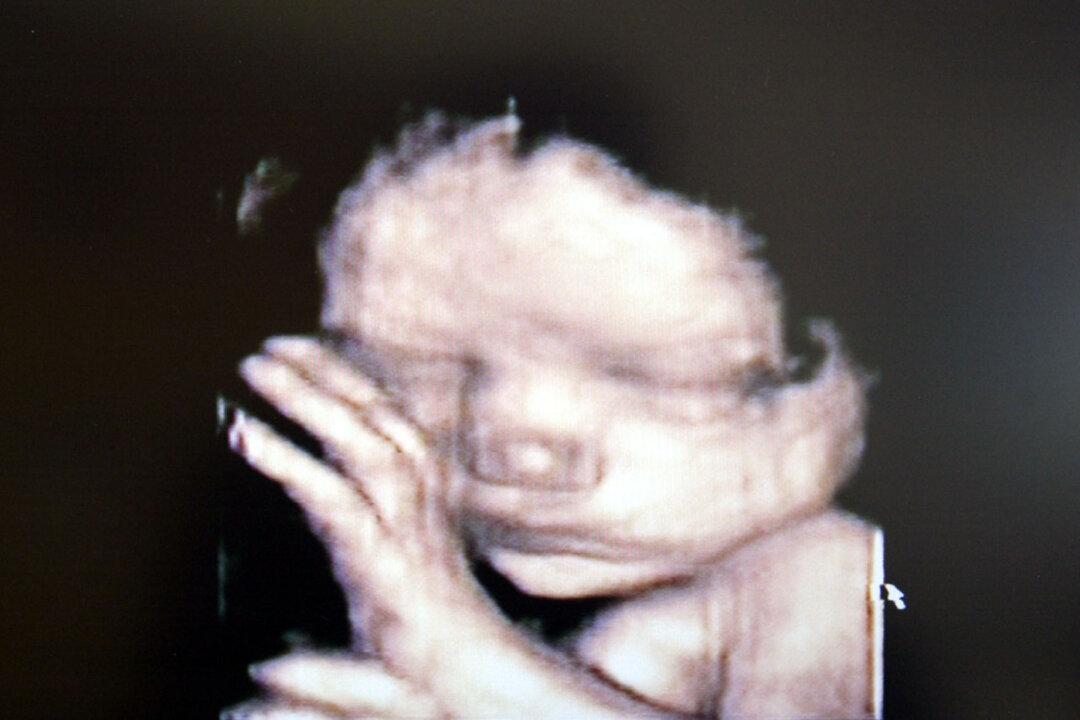The Tennessee House of Representatives passed a bill on March 7 that would ban abortions in the state after the detection of an unborn baby’s heartbeat, which typically happens between six to eight weeks after conception.
The measure was approved 65-21 and is set to pass to the state Senate.





